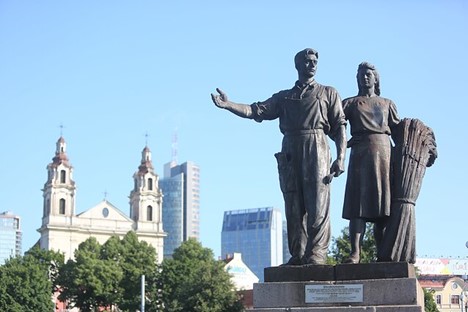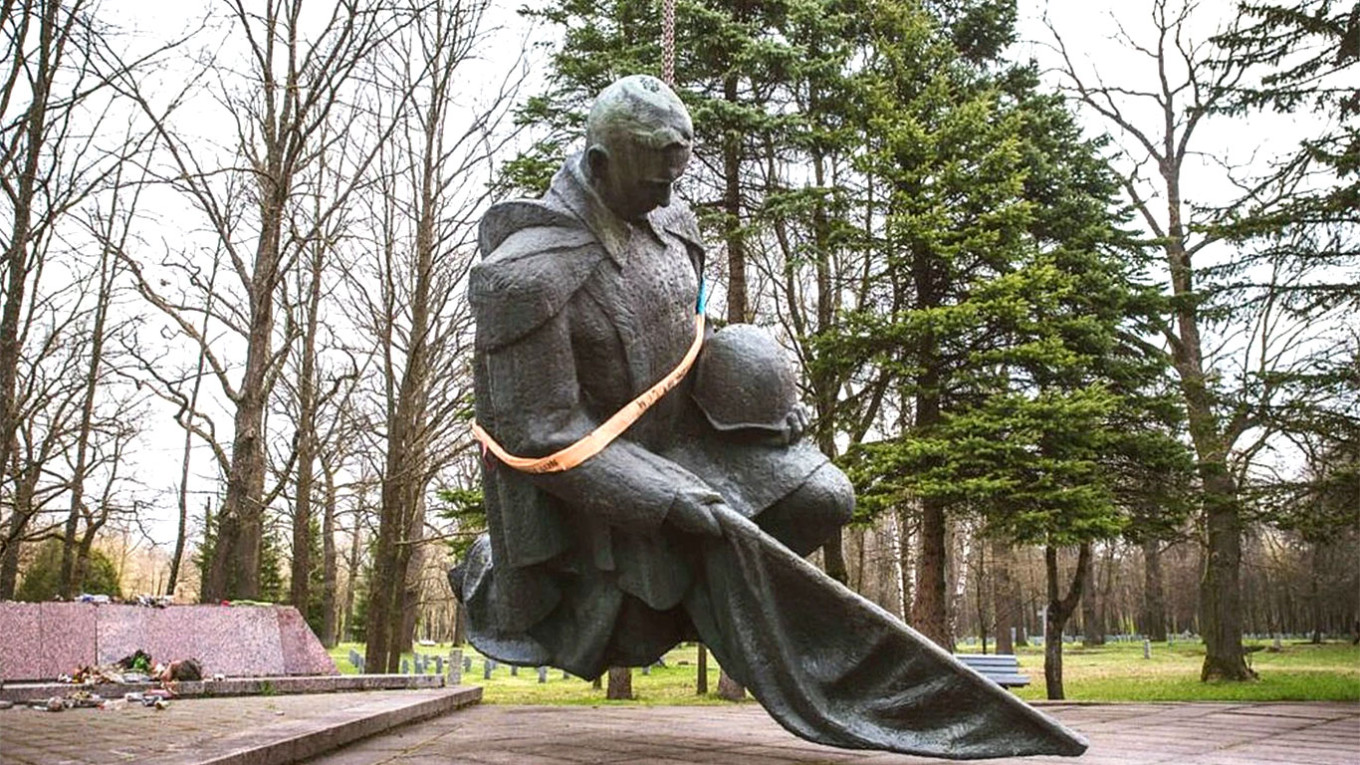
In late 2022, the news website LRT.lt published an article about the post-Soviet transition in Lithuania, with comments by Professor Ainė Ramonaitė of the Institute of International Relations and Political Science, Vilnius University. She is also head of the Department of Political Behaviour and Institutions and the leader of the (Post)Soviet Memory Studies Center. At the time, she explained that the transition was economically painful for many, and was one of the reasons the phenomenon of Soviet nostalgia lingered on. Many people felt resentment about the economic changes brought about by the market economy. Researchers have observed similar processes in the West, where many manufacturing regions have been hit by globalization, with production moving to Asia. According to Ramonaitė, those regions also have a favourable environment for populism to grow.

For several years Ramonaitė travelled to the Lithuanian countryside, interviewing people about their views on politics. These meetings revealed that in rural areas, opinions on politics and Lithuania’s independence are different from what is usually heard in public. Even people who live in the same village and worked in the same factory during the Soviet era gave completely different answers about the Soviet era and how they remember it. Some said that during the Soviet era Lithuania was industrializing, building factories, growing, prospering – then everything collapsed and now there is no clear direction. Others pointed out that modernization during the Soviet era was artificial, nothing worked as it should have, and there was corruption, and it was only at the time of independence that modernization began. While some remembered collective farming as providing basic services, others associated that time with hard work and control and referred favourably to independence when people regained their land.
Some of the people who remember the collapse of the USSR with regret are not anti-Lithuanian or pro-Russian. “They are happy about independence, they just don’t understand why [the country] destroyed what they had built with their own hands,” said Ramonaitė. “They did not see it as Soviet – the factory that they designed themselves or the collective farms that they built themselves. For them, it was the product of their labour, which was then demolished,” she added.

In light of her research, Ramonaitė says the academic, political, and economic elite should be speaking more about the country’s problems. If dissatisfaction is not present in official sources, it does not mean that people do not talk about it privately with their neighbours and families. “This creates a very fertile ground for conspiracy theories to spread. If you don’t trust what is said in the public space, it is very natural and easy to believe in conspiracy theories, because you think the real reasons lie elsewhere,” she said.
“Vladimir Putin came to power in Russia and has been successful precisely because of the trauma of that post-Soviet transformation. He came as a counterpoint to [President] Boris Yeltsin and the chaos of the transformation, which in Russia was incomparably greater than in Lithuania,” said Ramonaitė. “This is the reason why we do not dare to talk about that time, because it seems to serve the Russian narrative. But not talking is unlikely to help, because people are talking anyway,” she added.
Nostalgia for the Soviet era is diminishing over time, but according to Ramonaitė, this is not because the market itself is solving the post-transition problems. “We can see this is not always the case and sometimes state intervention is important. So far, we don’t have a normal regional policy and everything is spontaneously moving to the cities,” said Ramonaitė. “The capital is booming, but people in the provinces are constantly suffering new losses – schools are closing, post offices are shutting. This always creates a mood regression, which contributes neither to a sense of happiness nor to support for the government.”





























